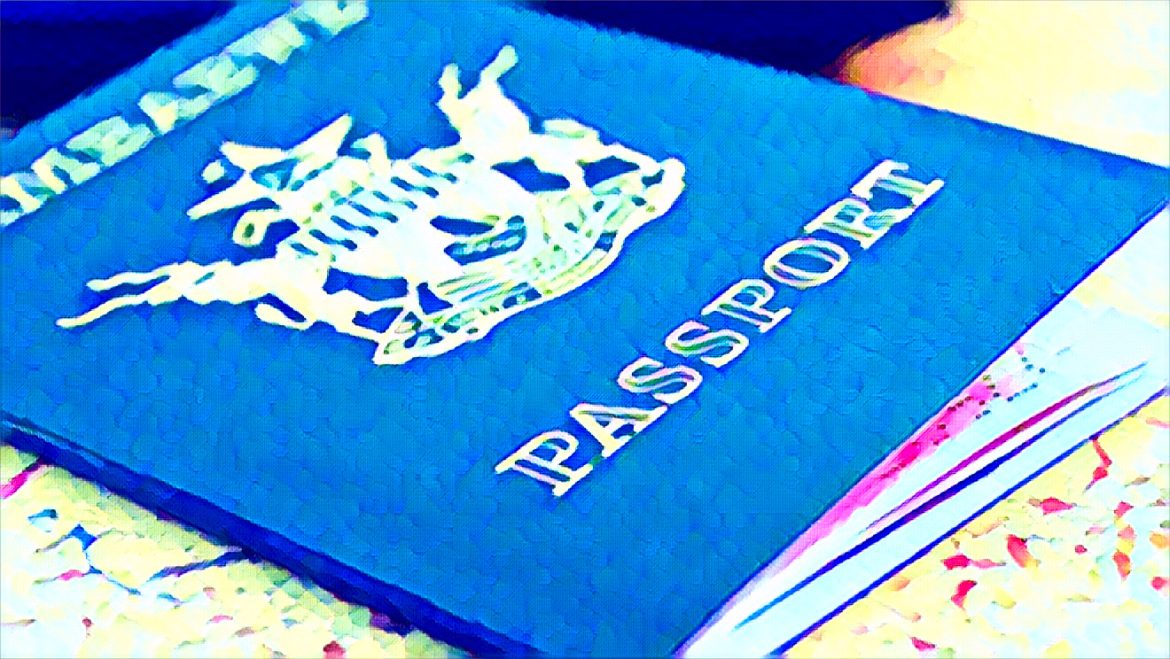A Zimbabwean immigrant in South Africa has taken legal action against his home country’s government, challenging the $270 fee for a passport. The case, brought before the High Court in Harare, seeks to address what the plaintiff, David Ndlovu, describes as an exorbitant and discriminatory charge. Ndlovu argues that the fee is unaffordable for many Zimbabweans, particularly those living abroad, and calls it a violation of citizens’ rights to affordable documentation.
The lawsuit has garnered significant attention, highlighting broader issues faced by Zimbabweans in the diaspora. Many, like Ndlovu, find the high cost of passports prohibitive, hindering their ability to travel, seek employment, or even access basic services. The legal challenge comes at a time when the Zimbabwean economy is grappling with high inflation and unemployment, further straining citizens’ financial resources.
In response, the Zimbabwean government has defended the fee, stating that it reflects the cost of producing secure travel documents. Officials also emphasize the need for funds to maintain consular services abroad. However, critics argue that the fee is excessive, especially considering the economic difficulties faced by many Zimbabweans.
This case also sheds light on the broader context of Zimbabwe’s economic and political landscape. The country has faced numerous challenges in recent years, including political instability, economic sanctions, and a struggling economy. These issues have led to a significant diaspora population, many of whom send remittances back home. The passport fee, therefore, not only impacts individual Zimbabweans but also has broader implications for the country’s economy.
As the legal proceedings continue, Ndlovu’s case has sparked a broader conversation about the rights of Zimbabweans both at home and abroad. Activists and human rights organizations are calling for a review of the passport fee structure and greater transparency in how these fees are set. They argue that the government should prioritize the needs of its citizens, especially during challenging economic times.
Despite the challenges, there is hope that this legal challenge could lead to positive change. Advocates are optimistic that the court will rule in favor of Ndlovu and set a precedent for more affordable passport fees. Such a ruling could provide much-needed relief for Zimbabweans in the diaspora, allowing them to better connect with their families and access opportunities abroad.
In conclusion, the case brought by David Ndlovu against the Zimbabwean government over passport fees highlights the financial burdens faced by many Zimbabweans. It also underscores the need for fair and transparent policies that prioritize the well-being of citizens. As the court case progresses, there is a growing sense of hope that justice will prevail and bring about meaningful change for Zimbabweans both at home and abroad.
Source: New Zimbabwe


